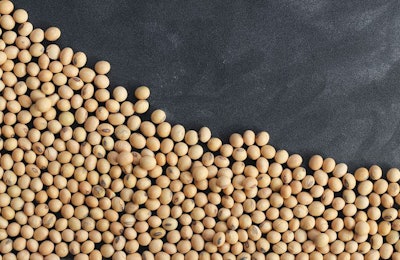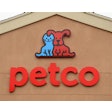
Atalie Ebersole, senior director of membership and government relations at The Pet Food Institute, shared the negative implications expanding renewable diesel production is having on pet food production in a recent blog.
Renewable diesel is produced through the process of hydrotreating, but it also uses animal by-products such as chicken fat and beef tallow. These same ingredients are used in making dog and cat foods.
With the interest of climate change in mind, state and federal governments have created policies that mandate the use of animal- and plant-based ingredients for the creation of renewable diesel. Tax credits are provided to those using these ingredients for fuel production instead of food for our pet family members.
U.S. pet food makers use a variety of ingredients used in the production of human food such as both plant and animal products. Using these ingredients in pet food ensures cats and dogs are provided with a safe, nutritious and flavorful food.
U.S. pet food makers have committed to long and healthy lives for pets, meaning they rely on access to animal- and plant-based oil and fat ingredients. Access to these ingredients has now become endangered by competition for animal protein by-products of government tax incentives and mandates, according to Ebersol.
Promoting renewable fuel production over food production is severely affecting the industry ingredient supply and demand. Prices of animal- and plant-based oils and fats have doubled and tripled, creating a drastic cost of crucial ingredients pet food makers source for a balanced nutrition. This issue is only adding additional challenges to pandemic led, lasting effects of supply chain shortages and ingredient shortages.
If these renewable diesel production incentives continue to negatively impact the pet food market, food makers may have to make formulation decisions based on access to ingredients rather than on pet-preferred recipe formulations.
Many pet owners are already concerned over almost empty shelves when shopping for their dog or cat; it is expected that more common pet foods may be even harder to find, or recipes will be changed as the pet food makers search for new, suitable ingredients to take place of the previously used plant- and animal-based by-products.
















